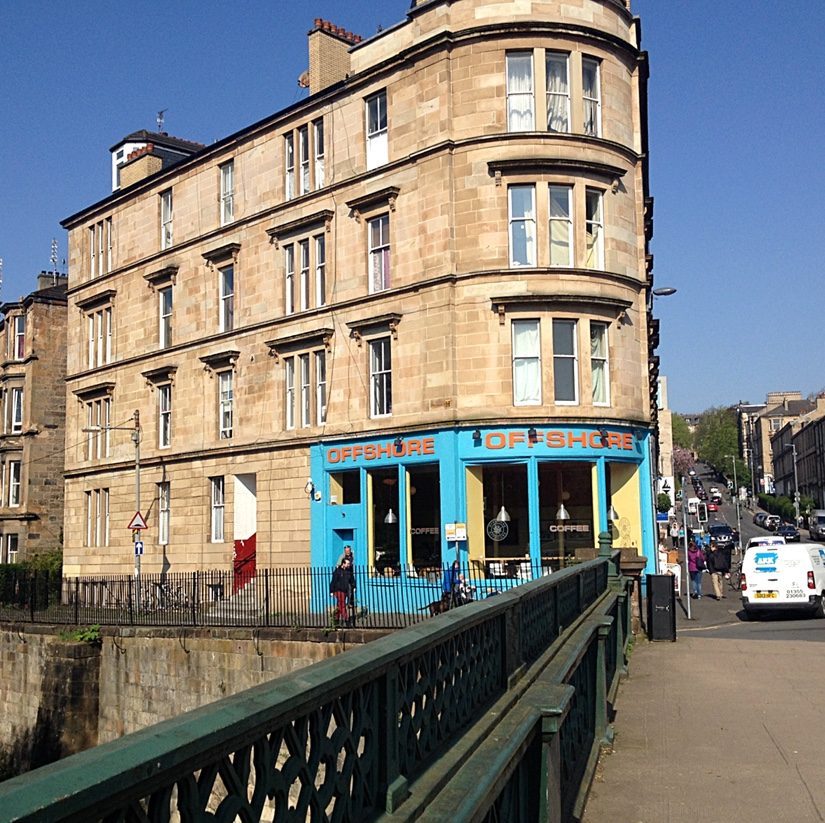Hubert Matiúwàa indigenous Mexican poet with Juana Adcock

Thursday 21 March, 2024 5 p.m.
University of Strathclyde, 51 Richmond Street Glasgow G1 1XU and on Zoom
Strathclyde CW & Spanish hosts a special event with indigenous Mexican poet Hubert Matiúwàa alongside his translator Juana Adcock.
Strathclyde Creative Writing with Strathclyde Spanish hosts a special event featuring Hubert Matiúwàa (online from Mexico) alongside his translator and fellow poet, Juana Adcock (in person). Hubert lives in Mexico and writes in the indigenous Mè’phàà language. This event aims to raise funds for Hubert’s educational foundation, Gusanos de la Memoria, which is rooted in the communities in the mountains of Guerrero.
The event is ‘Pay What You Can’. We suggest £5 for students, £10 for paid staff or members of the public. ALL WELCOME.
PLEASE NOTE THIS EVENT IS NOW OPEN FOR ONLINE ATTENDANCE AS WELL AS IN PERSON.
Get tickets and Information on how to join Webinar at Eventbrite
Juana Adcock, on Hubert Matiúwàa
‘Hubert Matiúwàa is one of the most distinctive and urgent voices currently working in Mexican poetry. For him, choosing to write in the Mè’phàà language is an act of political resistance: ‘We need to tell the story of the time we are living in, to bear witness and create knowledge for those who are to come.’ Nestled in the mountains of Guerrero, one of the most violent states in Mexico, his people live under the constant threat of drug-related and military violence, people trafficking, and land dispossession from foreign mining companies. He writes to expose, from the perspective of his culture’s world view, the violent reality of his place of origin, which reflects the rampant inequality of the entire country. ‘In Mexico we are 68 indigenous nations and it is unjust for us to be excluded,’ he says. ‘In the mountain regions there is no access to health or education. You don’t get taught to read your own language. These are the conditions that exclude our indigenous peoples.’ Translating his work has been fascinating and challenging process, because words have a completely different weight in English, with radically different, inbuilt sets of relationships of power, possession, and affect, which reveal a patriarchal-capitalist universe that is completely at odds with that of indigenous cultures. As Matiúwàa explains: ‘Mè’hpàà people say ‘we’ even when referring to others. There is no distinction. Part of the richness of our indigenous peoples is that instead of excluding, we integrate.’
This section: Books, Talks, Poetry and Creative Writing Events
Filed under: Books, Talks, Poetry and Creative Writing Events
Related Pages
- GRAY DAY 2026 AT ÒRAN MÓR
- Rachelle Atalla, Creative Writing Hillhead Library
- Glasgow Coat of Arms Exhibition – Closing Gathering
- Adrian Wiszniewski in conversation with John Mackechnie
- Scrievan and Scran – An Evening of Spoken Word
- Lily Dunn, Creative Conversations University of Glasgow
- Autumn Voices: Online Reading with Sukhema Butler
- Matt McGinn Remembrance
- ARC Conversations: Failure, Collaboration and the Culture of Research
- Louise Welsh in conversation with Chris Brookmyre – The Cut Up
- Inclinations Film Club – Resisting Militarism
- Rachelle Atalla – Creative Conversations
- Nemo Arts Winter Showcase
- Solstice – Glasgow Joint Novel Launch
- A Line of Water – Scottish Writers Centre
- Liz MacWhirter – Creative Conversations
- Paper Birds – Workshop Book Week Scotland
- Aye Write 2025: Denise Mina and Helen Fields in conversation with Bryan Burnett
- Aye Write 2025: The Pen is Mightier: Edward Tudor Pole with Teddy Jamieson
- Alasdair and Others: Willy Maley at ARC University of Glasgow


